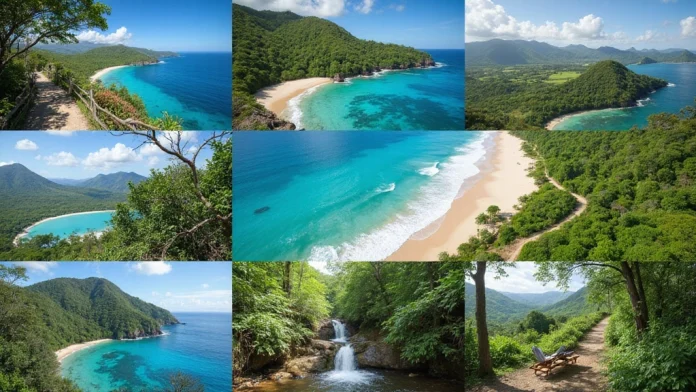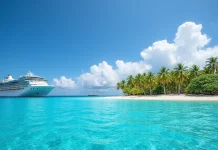10 Hidden Eco-Tourism Gems in the Caribbean That Will Change Your Travel Game!
The Caribbean: a dream destination known for its stunning beaches, vibrant culture, and sparkling waters. But beyond the usual tourist hotspots lies a treasure trove of eco-tourism gems waiting to be discovered.
Traveling sustainably not only benefits the environment but also provides authentic experiences that allow you to connect with local cultures and communities. Imagine volunteering at a local conservation project, hiking through lush rainforests, or sipping organic coffee on a family-run farm.
This list unveils ten hidden eco-adventures that will elevate your travel game, making your trip not just an escape but a responsible journey. Each location offers unique ways to experience the Caribbean while preserving its natural beauty. Let’s delve into these eco-friendly paradises!
1. Dominica’s Natural Hot Springs
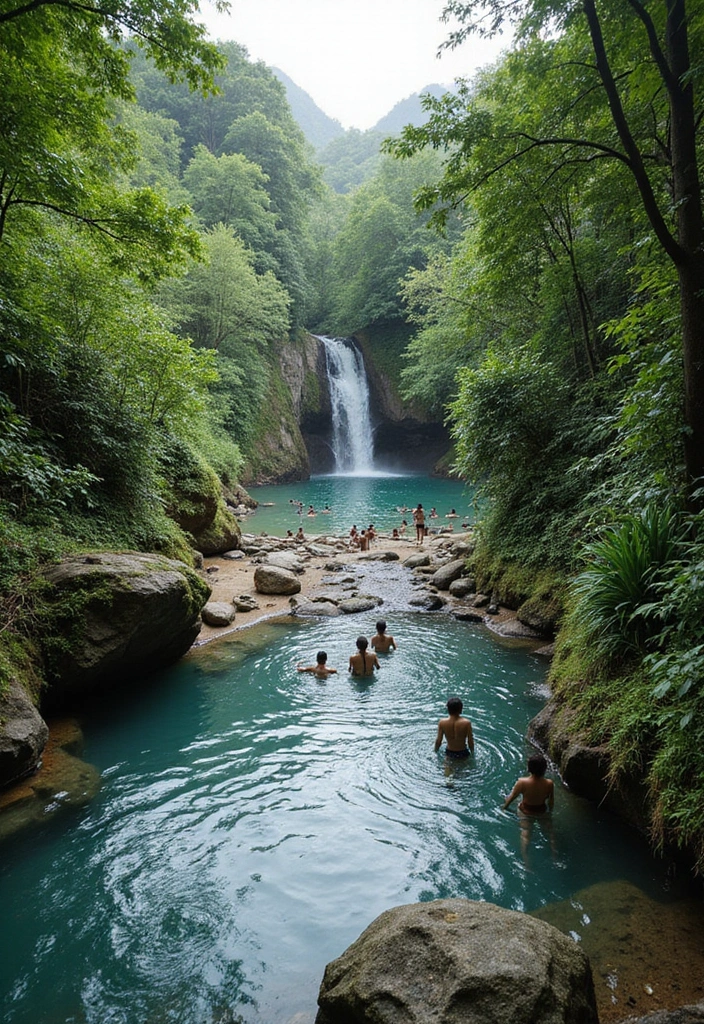
Nestled between the Caribbean Sea and the Atlantic Ocean, Dominica boasts one of nature’s greatest luxuries: geothermal hot springs. These natural spa-like pools, rich in minerals, are heated by the island’s volcanic activity.
The most famous, Boiling Lake, invites adventurers on a rewarding hike through lush rainforests and past cascading waterfalls—perfect for eco-conscious travelers looking to connect with nature.
Don’t miss the chance to take a dip in the warm waters of Wotten Waven, known for its healing properties.
Sustainable tourism thrives here as local guides lead eco-tours, ensuring that the beauty of this island is preserved for generations to come.
Engage with the locals by joining a community-led hike that supports conservation efforts while experiencing the island’s raw beauty.
2. St. Lucia’s Responsible Resorts
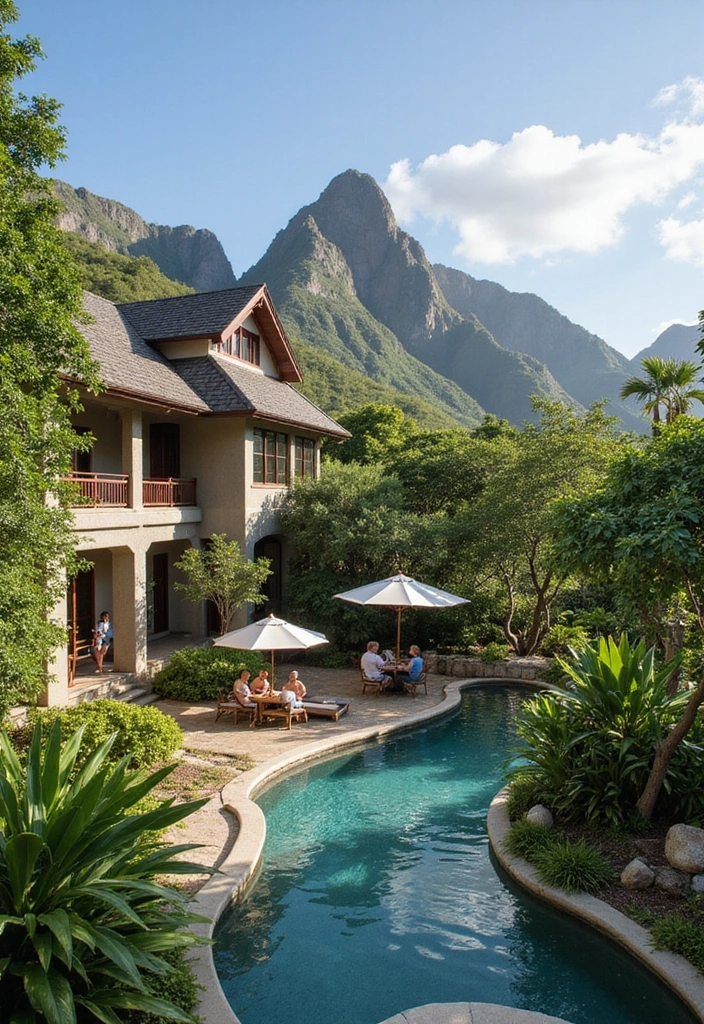
St. Lucia is not just another tropical paradise; it’s home to some of the Caribbean’s leading eco-friendly resorts that prioritize sustainability without compromising luxury.
The Jade Mountain Resort, with its breathtaking views of the Pitons, incorporates local materials and renewable energy in its design. Here, you can indulge in romance while knowing you’re supporting eco-conscious practices.
For a more hands-on experience, consider staying at a resort that offers farm-to-table dining, allowing you to savor fresh, locally-sourced dishes made from organic ingredients.
Engage in activities like guided nature walks or tree-planting events that connect you with the land and community—making your stay not just relaxing, but impactful.
3. The Bahamas’ Blue Holes
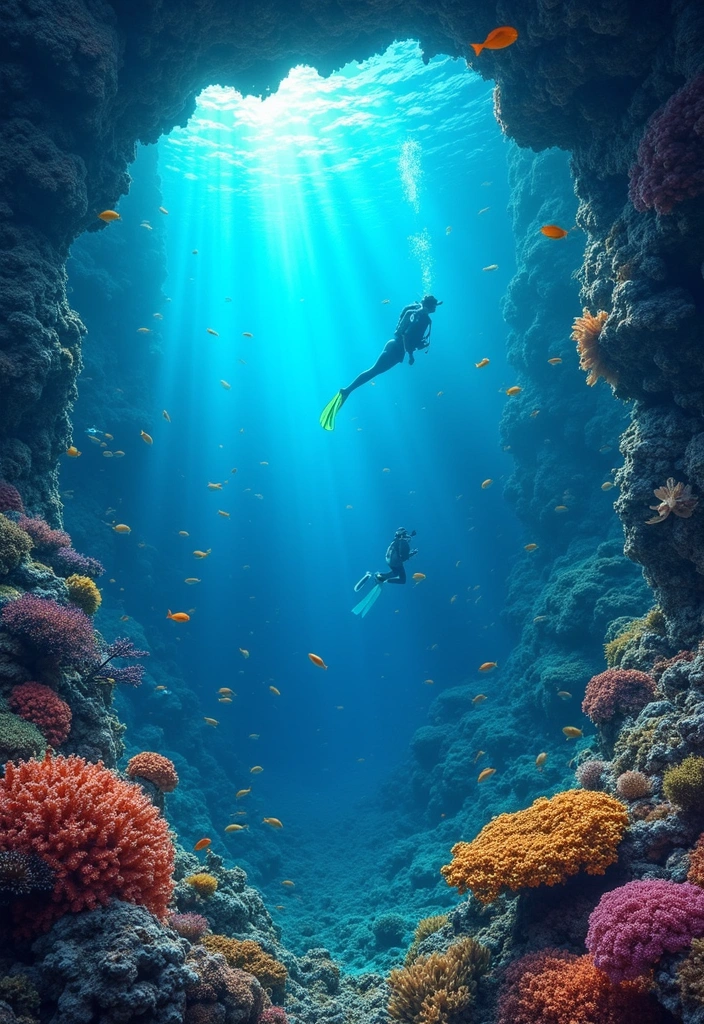
The Bahamas is famous for its crystal-clear waters, but the real treasures lie beneath the surface: the enchanting blue holes. These underwater sinkholes are filled with stunning marine life and offer unforgettable diving experiences.
Echoing the importance of responsible diving, many local organizations run programs that protect these delicate ecosystems. By joining a dive, you’re not only exploring a vibrant underwater world but also contributing to conservation efforts.
Look for operators that adhere to sustainable practices, using eco-friendly equipment and providing education on marine protection.
As you marvel at the beauty of these blue holes, you’ll be reminded of your role in preserving such wonders for future generations.
4. Jamaica’s Community-Based Tourism

In Jamaica, community-based tourism is revolutionizing travel experiences by connecting visitors directly with local culture.
Travelers can immerse themselves in authentic Jamaican life by staying with families or joining workshops where locals share their skills in crafts, cooking, and music. Participate in a traditional jerk cooking class or learn about the island’s rich history during a guided tour.
This approach not only enriches your travel experience but also empowers communities through sustainable income.
Look for initiatives that promote cultural exchange and support local artisans—ensuring that your visit leaves a positive mark on the vibrant Jamaican culture.
5. Puerto Rico’s El Yunque Rainforest
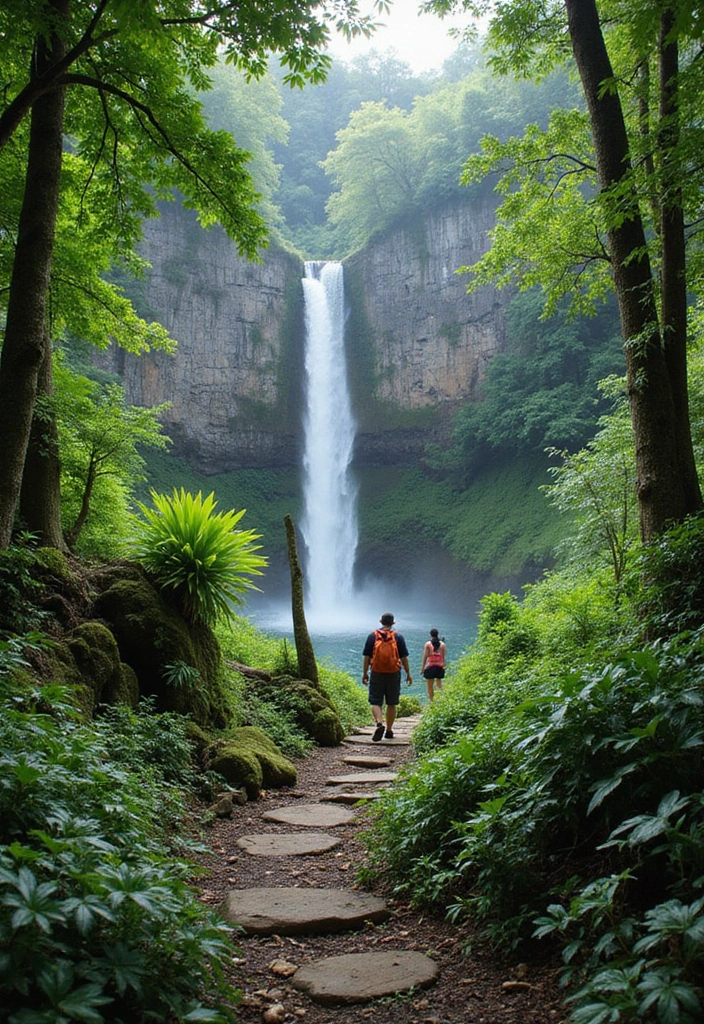
El Yunque National Forest, a tropical rainforest in Puerto Rico, is the only rainforest in the U.S. National Forest System and a must-visit for ecotourism enthusiasts.
Home to a plethora of biodiversity, it’s a paradise for hikers and nature lovers. Trails weave through thick vegetation, leading to breathtaking waterfalls and panoramic vistas.
Access to the forest is made easy with eco-friendly tours that prioritize conservation, ensuring that the area’s unique ecosystem is protected.
Don’t forget to visit the observation tower at Yokahu, offering stunning views of the lush landscape below, reminding you of the importance of preserving such natural beauty.
6. Barbados’ Sea Turtle Conservation

Barbados is not just about sun and sand; it’s also home to important sea turtle conservation efforts. The island has several programs dedicated to protecting these gentle creatures, including nesting sites and rehabilitation for injured turtles.
Take part in a turtle-watching tour where you can learn about their lifecycle and the challenges they face due to pollution and climate change. Support local conservation initiatives by adopting a turtle or volunteering with rehabilitation projects.
These experiences not only educate travelers about the vital role turtles play in marine ecosystems but also allow you to contribute directly to their survival.
Soak in the beauty of the turquoise waters while knowing you’re making a difference!
7. Grenada’s Organic Spice Farms

Grenada, known as the ‘Spice Isle,’ is a paradise for food lovers and eco-tourists alike. The island’s organic spice farms invite visitors to experience the true essence of Caribbean flavors while promoting sustainable agriculture.
Join a guided tour at an organic plantation to see how spices like nutmeg, cinnamon, and turmeric are grown and harvested. Participate in hands-on workshops where you can learn to make your own spice blends or even cook traditional Grenadian dishes.
By supporting these farms, you’re not only enjoying fresh, local produce but also contributing to the preservation of Grenada’s agricultural heritage.
Enjoy tastings and learn about the health benefits of these spices while connecting with the local community.
8. Haiti’s Artisanal Markets
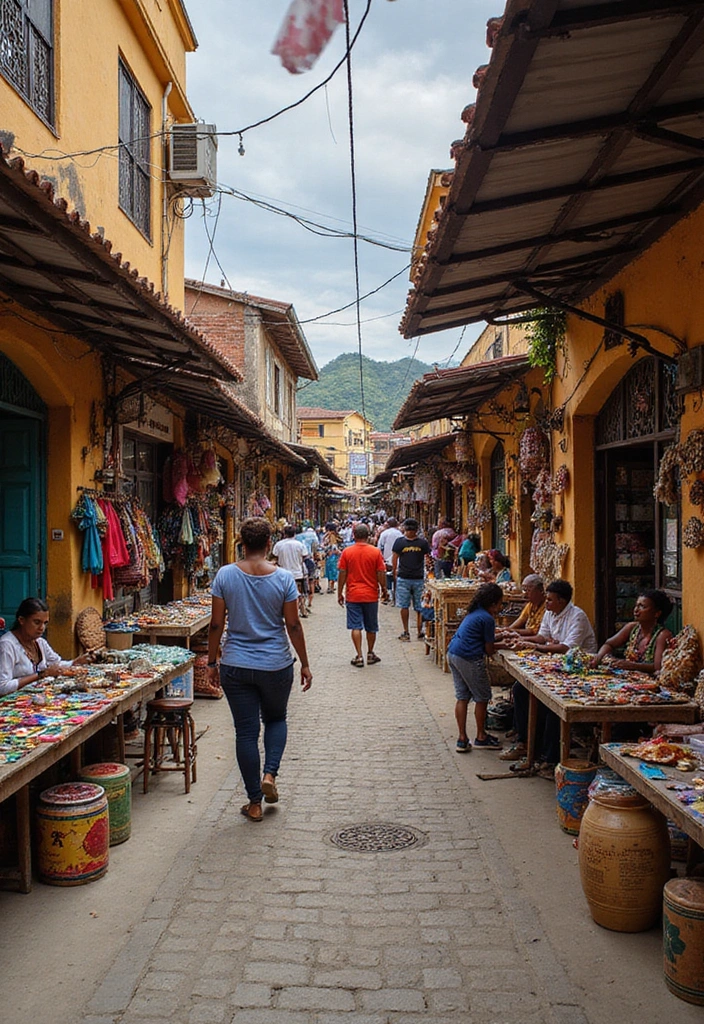
Haiti may not be the first destination that comes to mind for eco-tourism, but its artisanal markets are a hidden gem. Travelers can support local artisans by purchasing handmade crafts that promote sustainable practices.
Explore vibrant markets where artisans use recycled materials to create beautiful art pieces, jewelry, and home decor. This not only provides a source of income for local families but also helps preserve traditional crafts and techniques.
Join a workshop to learn about these crafts firsthand, understanding the stories and cultural significance behind each piece.
By investing in these authentic Haitian creations, you become part of a movement that empowers communities while enriching your travel experience.
9. St. Vincent’s Eco-Friendly Hiking Trails
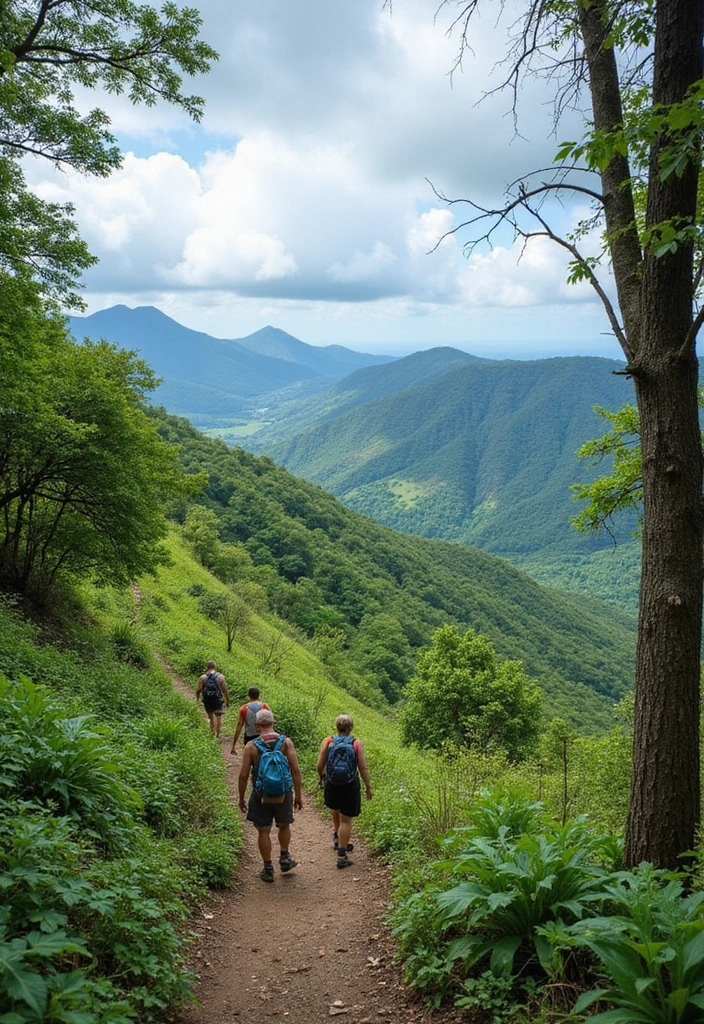
St. Vincent is a hiker’s paradise, but it’s the eco-friendly trails that truly set it apart. The lush landscapes range from volcanic terrains to rich rainforests, providing a diverse range of hiking experiences.
Join guided eco-hikes that emphasize the importance of preserving the island’s unique flora and fauna. Local guides share their knowledge of the region’s biodiversity while encouraging responsible tourism practices.
Each hike offers breathtaking views, from the iconic La Soufrière volcano to hidden waterfalls off the beaten path. Sign up for tours that include reforestation projects, allowing you to contribute to the island’s sustainability efforts while enjoying its natural beauty.
10. Aruba’s Natural Pool and Conservation Programs
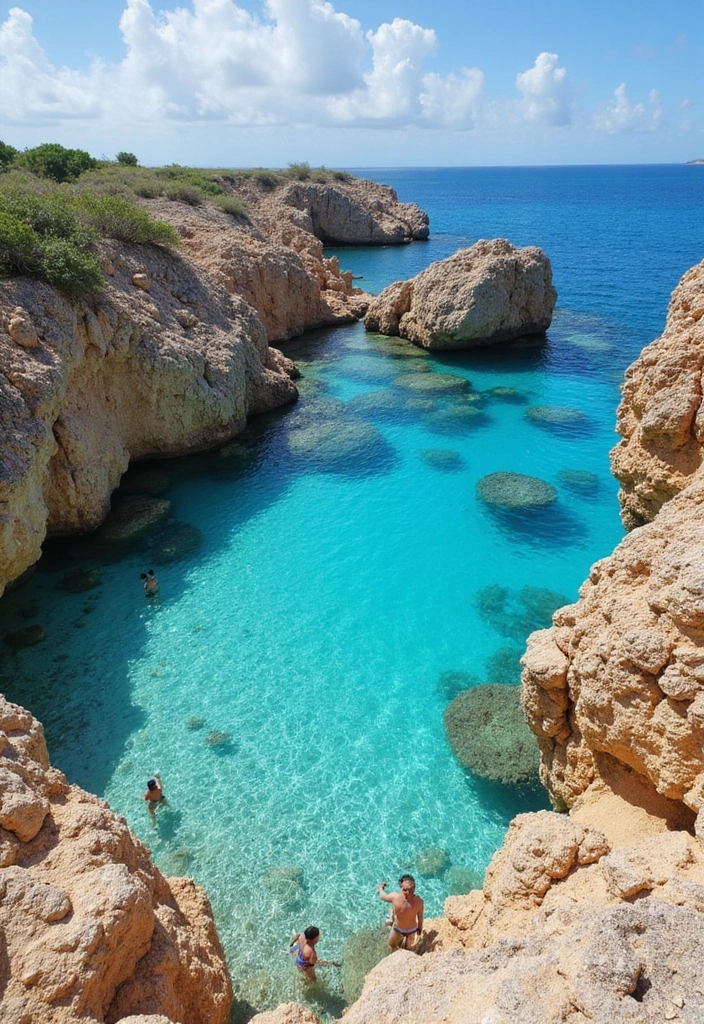
Aruba is home to the stunning Natural Pool, a beautiful geological formation surrounded by rocky cliffs and crystal-clear waters. This hidden gem offers a refreshing swim while promoting conservation and protection of marine life.
Many local tour operators provide eco-friendly excursions to the Natural Pool, focusing on reducing environmental impact during visits. Join guided tours that educate travelers about the importance of preserving Aruba’s natural landscapes and marine ecosystems.
Consider participating in local conservation programs, like beach clean-ups or coral restoration efforts, that allow you to give back to the island. By experiencing Aruba’s natural wonders and engaging in conservation, you ensure that its beauty lasts for future generations.
Conclusion
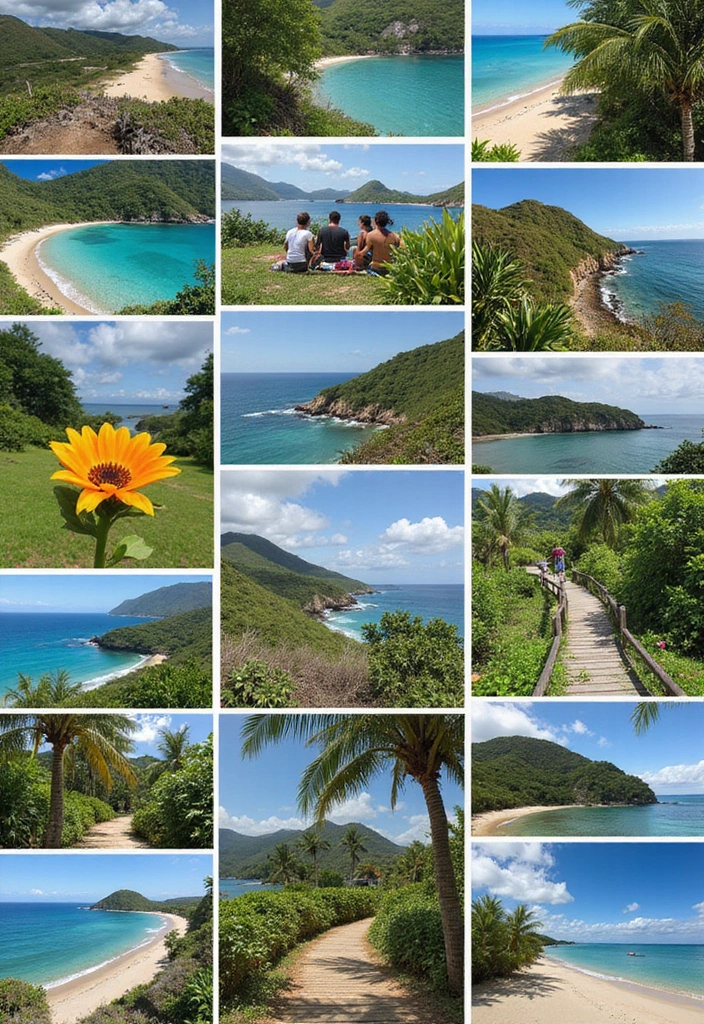
Discovering the hidden eco-tourism gems of the Caribbean transforms traditional travel into a rewarding experience that not only enriches your life but also helps preserve the beauty of these islands.
By embracing sustainable travel, you can enjoy breathtaking landscapes, unique local cultures, and diverse ecosystems while making a positive impact on the environment.
Each of these ten destinations invites you to be an active participant in their preservation efforts, ensuring that future generations can also revel in their wonders.



















